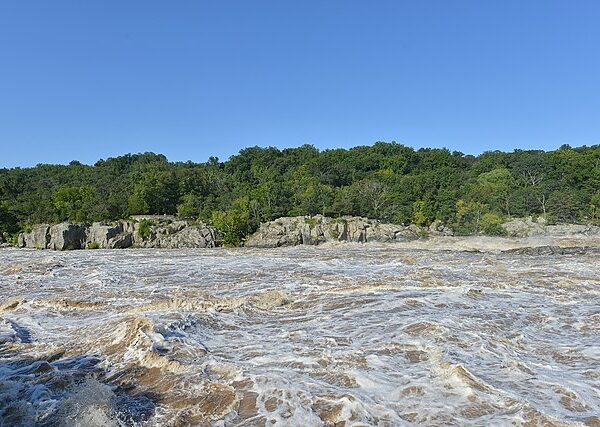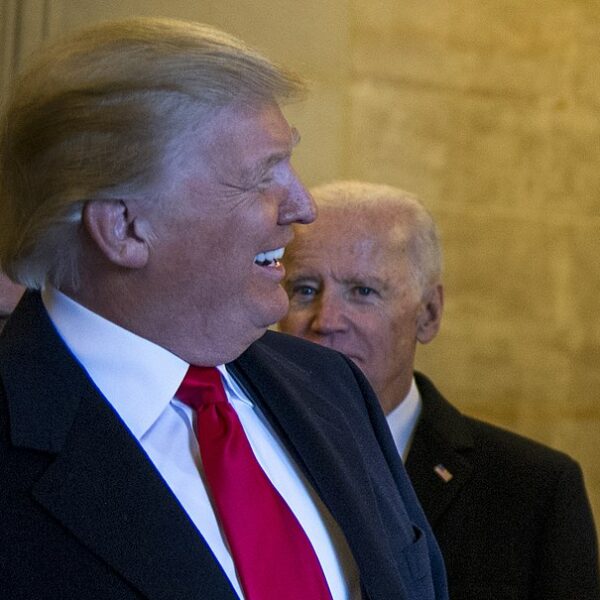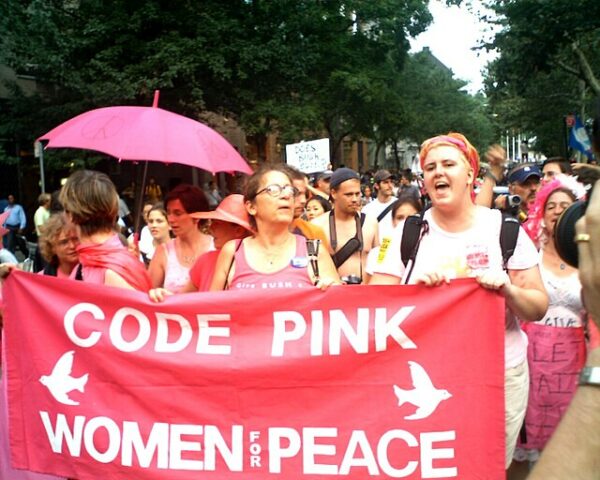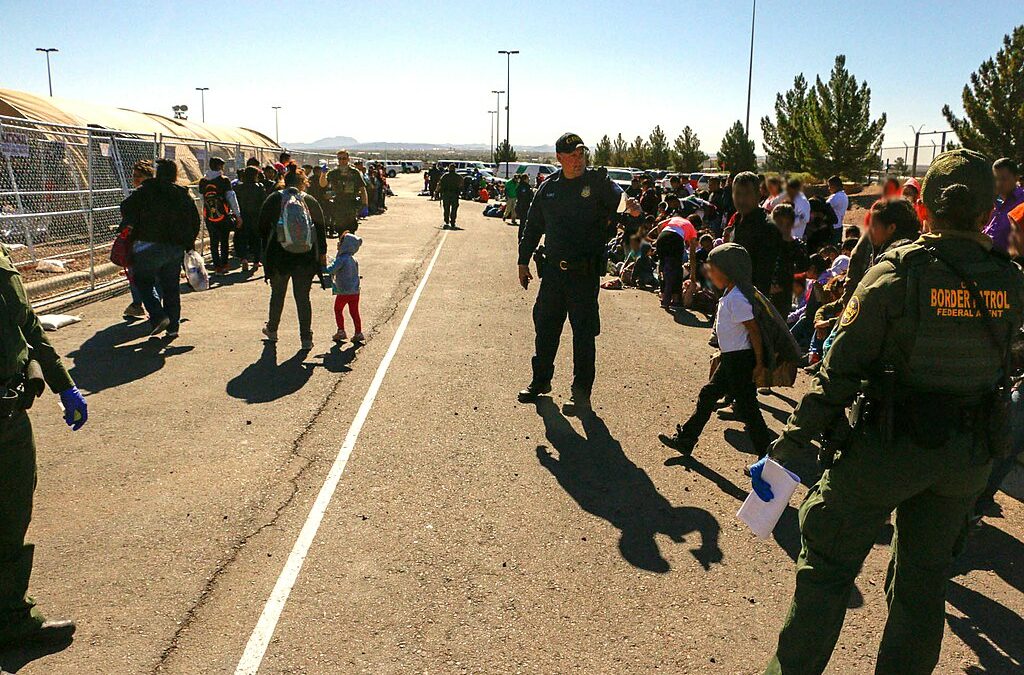
Greenland’s newly appointed prime minister, Jens-Frederik Nielsen, didn’t waste time drawing a line in the ice. Just hours into the job, he issued a direct rejection of former U.S. President Donald Trump’s renewed push for American control over Greenland—an Arctic territory with growing global interest.
“President Trump says that the United States ‘will get Greenland.’ Let me be clear: The United States will not get it. We do not belong to anyone else. We decide our own future,” the new leader said in a Facebook post.
Nielsen, 33, is now the youngest leader in Greenland’s history. He previously served as minister of industry and minerals—a role that put him close to the island’s booming resource economy. His firm response came just before U.S. Vice President JD Vance touched down for a high-stakes visit, including a tour of America’s Pituffik Space Base in northern Greenland.
Trump’s comments, aired days earlier on NBC, reignited international debate. He claimed there was a “100%” chance the U.S. would eventually acquire Greenland, noted Vanity Fair. Though he emphasized he wasn’t suggesting military action, he also made it clear that “nothing is off the table.” Trump noted that his administration had previously held serious talks about annexing the semi-autonomous Danish territory and floated the idea as part of what he now calls a broader “peace deal”—a long-term diplomatic arrangement meant to secure mutual Arctic cooperation.
“President Trump says that the United States is getting Greenland,” Nielsen said during his first press conference as prime minister in the capital of Nuuk. “Let me be clear: the United States won’t get that. We do not belong to anyone else. We determine our own future.”
Vice President Vance, who rarely minces words, took aim at Denmark during his visit. He criticized Copenhagen for what he described as years of underinvestment in Greenland’s communities and its strategic infrastructure. “Our message to Denmark is very simple,” he said. “You have not done a good job by the people of Greenland.”
Telling Denmark it’s not doing enough for Greenland—when both have universal healthcare and your country can’t even guarantee insulin or an ambulance without bankruptcy—is peak American delusion.
You don’t get to lecture nations that take care of their people when yours lets… pic.twitter.com/yyKVE2Otrx
— Brian Allen (@allenanalysis) March 29, 2025
That message didn’t go over well in Europe. Danish Foreign Minister Lars Løkke Rasmussen fired back quickly. “We are always open to constructive criticism,” he said, “but this is not how close allies should speak to each other.”
The moment highlighted rising tensions in the Arctic—where climate change, untapped mineral reserves, and military positioning are drawing the world’s biggest powers into the region. Greenland, sitting at the heart of that competition, now faces growing pressure to define its own path.
For years, U.S. officials have viewed Greenland as a strategic asset—not just because of its location but also because of what lies beneath it. Rare earth minerals, oil prospects, and deepwater ports make the island a geopolitical prize. China, Russia, and NATO all have competing interests in the Arctic, raising the stakes even further.
Still, despite the noise, Nielsen made it clear that Greenland’s independence and future partnerships would be decided on Greenlandic terms. “We respect diplomacy,” he said, “but not at the cost of our sovereignty.”
As Trump positions himself as a dealmaker once again—this time offering Arctic diplomacy as part of a broader peace framework—Greenland’s response sets the tone: any discussion must begin with respect for the people who call the island home.
[Read More: Shocking On The Ground Report From Ukraine]











